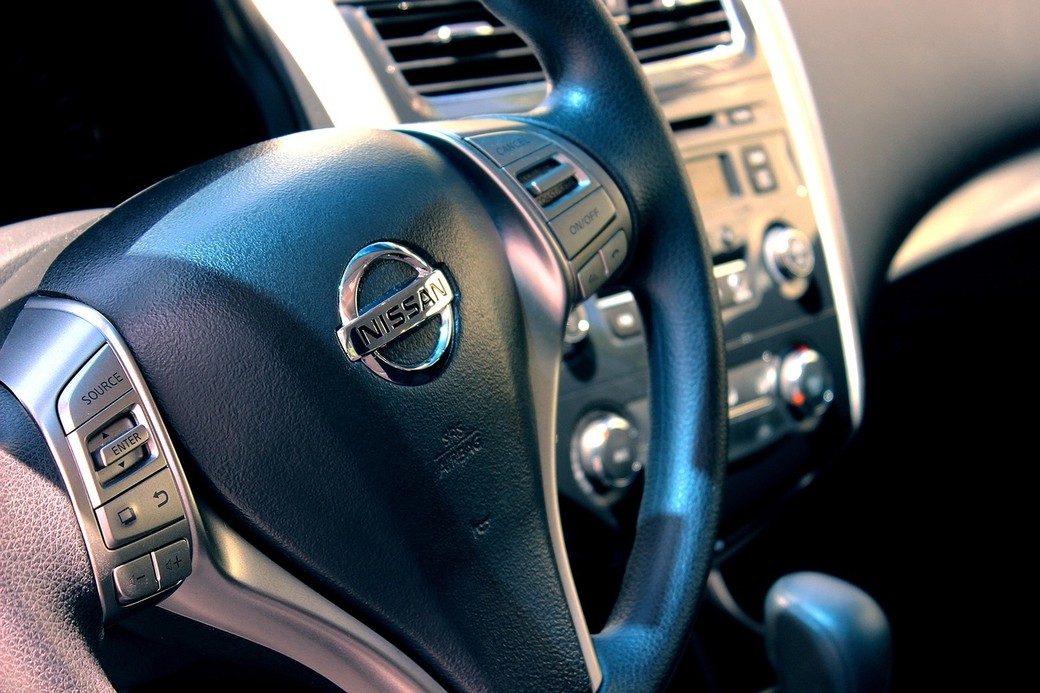
5 Essential Self-Care Tips After a Car Accident
If you recently had an accident that you are recovering from, you have probably experienced many physical, emotional, and financial hardships. Everything from the loss of a job to the cost of repairs and medical bills can quickly become overwhelming. Maybe you also have to deal with insurance companies to get the compensation you are entitled to in order to recover from this situation. It’s essential that you don’t forget to take care of yourself and your mental health during this stressful time. Here are some essential self-care tips after a car accident:
1. Seek Counseling
The emotional and psychological effects of a car accident can be intense and long-lasting. Consulting with a licensed counselor or therapist can help you cope with the trauma, get through any PTSD episodes that may arise, and find healthy ways to manage your emotions.
You can also have a support group filled with friends and family members that understand what you are going through. The support and understanding of those closest to you can be a great source of comfort when dealing with the aftermath of an accident. If you feel overwhelmed or unable to properly handle your emotions, do not hesitate to seek professional help. Ideally, you should hold these conversations with a professional counselor or therapist who can provide more comprehensive guidance and support than your family and friends.
You should also consider seeking legal counsel to understand your rights and options. A qualified attorney can guide you through complex legal processes and advocate on your behalf, potentially easing the financial burden through fair compensation. Many firms offer free car accident legal advice, which can be invaluable in helping you decide on the best course of action without any upfront commitment. An attorney’s support can make a significant difference in navigating insurance claims, medical expenses, and any lost wages due to the accident, ensuring you’re not handling this challenging situation alone.
Taking legal action against a negligent driver can help you recover damages and hold them accountable for their actions. People who engage in Reckless driving cause a lot of unnecessary harm, leading to severe injuries, costly medical bills, and emotional distress for victims. By pursuing a claim, you can seek compensation for medical expenses, vehicle repairs, and lost wages. A strong legal case can also contribute to safer roads by discouraging dangerous driving behaviours.
2. Exercise and Meditation
Physical activity can be an excellent way to reduce stress and boost endorphins, so make sure you get some exercise as soon as possible after the accident. Whether light stretching, going for a walk, or jogging, find something that works for you and keep doing it.
You can also try meditation (or other mindful activities) to help refocus your thoughts and relax your mind. Take a few minutes each day to sit in silence and focus on your breath or practice guided visualization. This will allow you to step away from the chaos of life, clear your mind, and find peace in the present moment.
Spine injuries and other physical injuries can be challenging to recover from. Incorporating yoga and/or mindfulness into your self-care routine can help you heal more quickly and effectively. Additionally, yoga can be beneficial for those who are recovering from an accident. It helps to build strength and flexibility, which can be necessary for healing and regaining your mobility post-accident.
3. Consider Seeing a Chiropractor
Chiropractic care is effective if you have injuries that cause chronic pain. It’s also good if you have other issues, such as headaches, joint pain, and fatigue. Seeing a chiropractor can help to improve your overall mobility and get you back on your feet faster. The chiropractor may recommend specific exercises and stretches to help with the healing process, or they might suggest other forms of treatment, such as massage therapy, acupuncture, or physical therapy.
Chiropractic care can be beneficial if you have whiplash or other neck-related injuries resulting from the accident. It can help to reduce inflammation, relieve pain, and improve mobility. It’s also a good idea to check in with your doctor before beginning any treatment. It is essential to stick to your treatment plan, as this will help to ensure that your body can heal correctly and efficiently. You may want to take time off work to be able to attend the necessary appointments.
4. Get Enough Sleep
After an accident, getting enough sleep is essential for proper healing. The body needs time to rest and repair itself, so make sure you allow yourself to do just that. Set a regular bedtime schedule and try to stick to it. Establishing a sense of routine can also help to reduce stress and anxiety. Prioritize relaxation activities such as reading or journaling before bed, and avoid looking at screens for at least an hour before sleeping.
Avoid caffeine, alcohol, and other stimulants within a few hours before bedtime. Ensure your bedroom is comfortable and dark and you’re not too warm or cold. If you can’t sleep well due to pain or anxiety, try relaxation techniques such as breathing exercises or guided meditation.
Your sleeping position is also important; try to keep your neck and spine aligned to reduce pain. Additionally, sleeping on your back with a pillow underneath your knees can help relieve lower back tension. If you struggle to get enough sleep for more than a few weeks, it may be time to talk to your doctor about treatment options.
5. Commit to Getting Better
Finally, remember that recovery takes time. It’s important to be patient and commit to getting better. Take things one day at a time and focus on healing. Permit yourself to take breaks when needed, but also remind yourself how far you have come. Seek support from your family, friends, or professionals if needed.
If you’re having trouble coping with the aftermath of an accident, try to remind yourself that it is possible to recover. Acceptance and commitment can be powerful tools for managing difficult emotions and getting your life back on track. Stay positive, and remember that you are capable of getting through this. With patience and resilience, you will be able to recover and heal. Recovery from an accident can take time, but it is possible. Make sure you get plenty of rest and exercise, visit a chiropractor, and focus on healing. With dedication and the right mindset, you can make a full recovery.
Image: Pixabay










